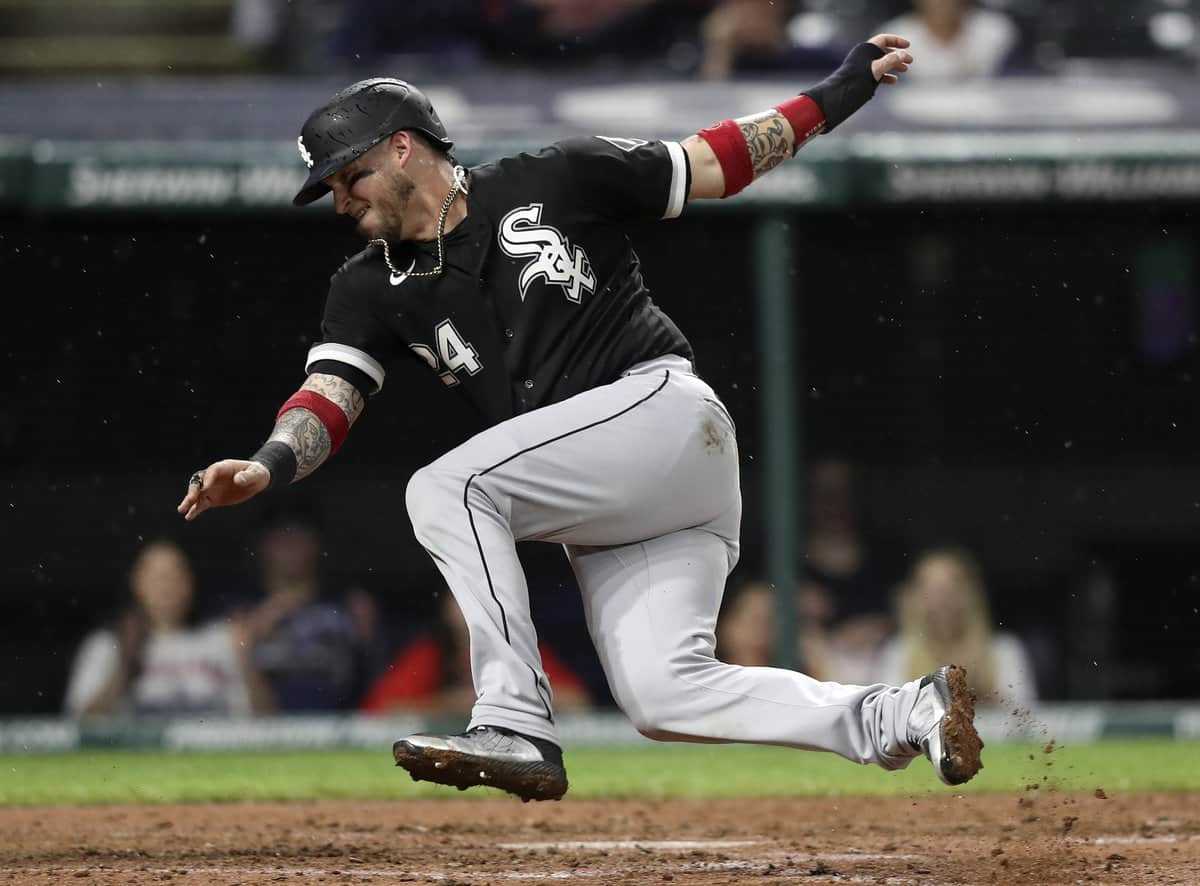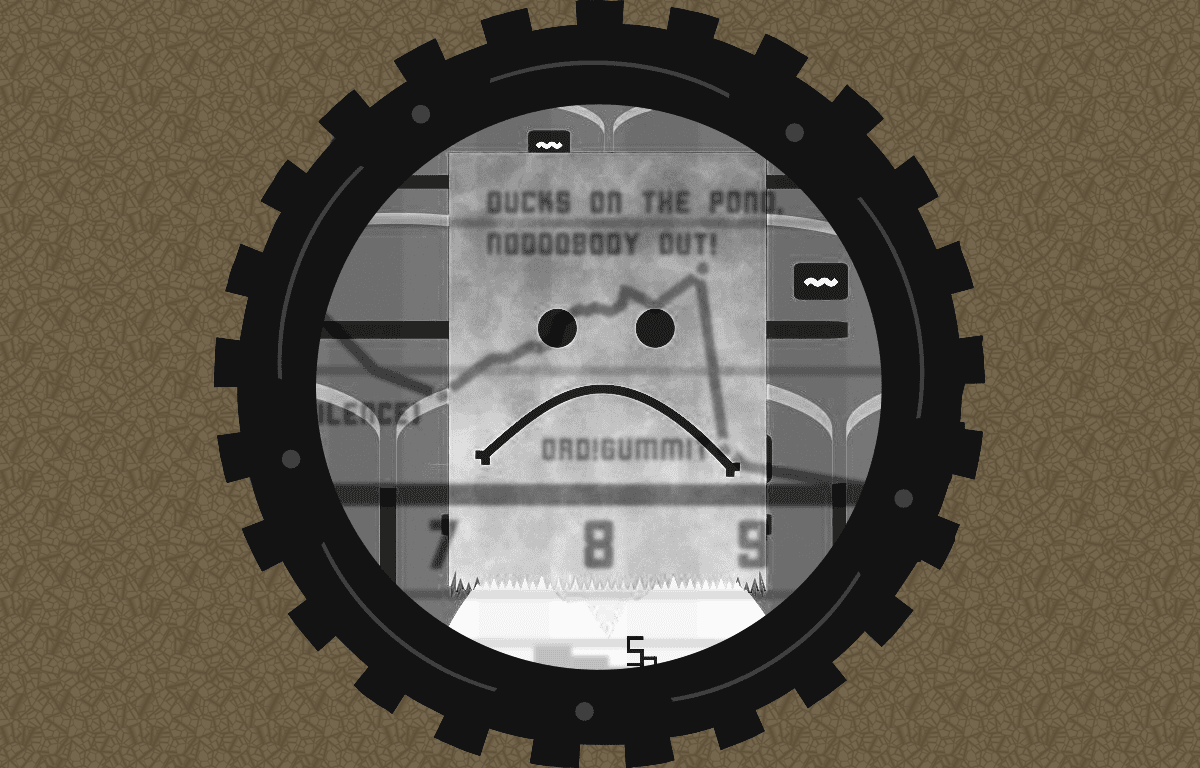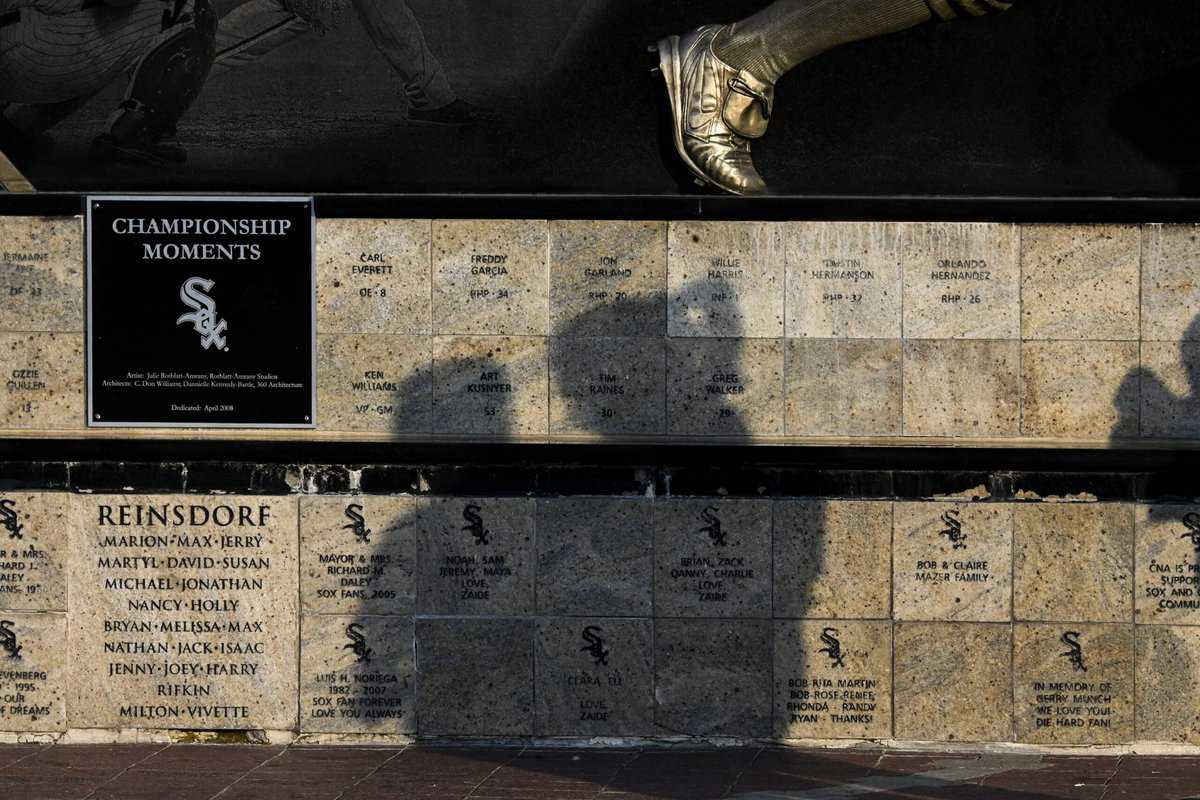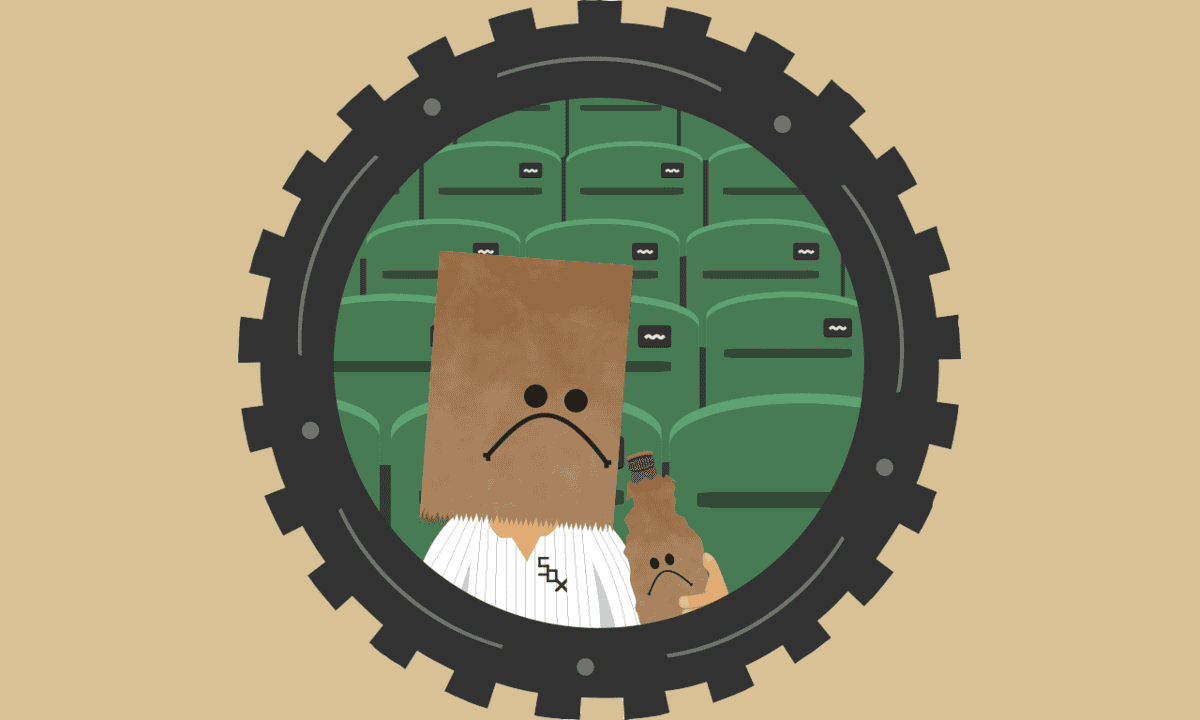Yasmani Grandal dodged the worst-case scenario, as the knee he twisted at home plate in Joe McEwing's ill-fated send on Saturday is merely that: a twisted knee. Or hyperextension, to be more precise. Nothing ruptured, nothing torn, nothing blown out.
This is good news on multiple fronts: The obvious one: Grandal won't need knee surgery No. 3 that could further hobble him in 2023. If he's going to recapture any of his previous form next year, it's because he had a full, proper and procedure-free offseason for recovery and preparation.
There's also a little bit of addition by subtraction in the interim, not because Carlos Pérez is going to be better than Grandal, but because he doesn't carry any of the expectations that he should be better than his numbers, whatever those numbers may be. With Pérez and Seby Zavala, the White Sox have two catchers that will bat eighth or ninth. There will be no pressure to bat either higher, and there will be no impulse to play the day's non-catching catcher at DH.
That's how Grandal should be treated in a year where he's hitting .203/.307/.259 over 74 games, with matching numbers of extra-base hits and GDPs (eight), even if he thinks the lack of truly regular play is holding him back:
“It’s kind of weird,” Grandal told me. “Because I’m catching one day, DH-ing the next. Catching the next day, then a day off. It’s been kind of weird getting in a rhythm. It hasn’t felt bad since I got back. It’s actually got better and better since I got back.”
Grandal is right that he's come back stronger, but not in a way that distinguishes him as an offensive asset. He hit .244/.337/.308 in his first 24 games back from back spasms, which is fine for a catcher. Meanwhile, Gavin Sheets has eight extra-base hits in his last 46 plate appearances, matching Grandal's season total in one-sixth of the playing time.
Grandal can't really complain about the lack of regular playing time, because he has the second-lowest slugging percentage of any player with at least 250 plate appearances this year, and the guy keeping him out of last place just threw him out (Myles Straw). He's been allowed to use the entire year as a rehab stint, and he's been a replacement-level catcher as a result. As the White Sox enter late August of a division race that requires work to turn in their favor, La Russa should operate as though meaningful improvement won't happen this year, because he's been more than generous in what he's afforded Grandal.
I wouldn't rule this year out if Grandal is able to return cleanly, but I would contain that hope to the catching position. If Zavala continues striking out 40-50 percent of the time while Pérez gets the bat knocked out of his hands, we may want to see Grandal behind the plate as often as possible in September, despite all the risk of heartburn and heartbreak that entails.
La Russa's defense of Joe McEwing's decision to send Grandal to his doom shouldn't have surprised anybody. Beyond the general idea that his coaching staff is an extension of La Russa's preferences, he also doubled down on why 1-2 intentional walks make sense to him the previous day.
So La Russa's defense of McEwing included some blame-shifting to Grandal, except the factors he introduced only makes McEwing's calculations look worse.
“We’re all thinking, ‘Send him,'” La Russa said. “What happened was, he looked back, and so he lost steps. Then he made a turn that wasn’t (sharp), you know what I mean? So, I don’t think you can blame Joe. (Grandal) got hurt, so you can say, ‘I shouldn’t have sent him.’ And he’s kicking himself. We all went individually when we found out, and I talked to (McEwing), too, ‘You had to send him, that’s just a freak thing that happened.'”
His evaluation of Grandal's literal and figurative missteps is correct. Grandal ran as though he didn't expect to move past third, and when you have baseball's lowest sprint speed, you're probably used to living life a quarter-mile 90 feet at a time. He made mistakes, but the lack of a clean break and an optimized cutting of the bag are two more reasons not to send him, and since he was thrown out by more than 10 feet, Grandal would've needed more than the steps his mistakes lost him.
Besides, as La Russa would go on to explain, the decision to send Grandal was colored by a greater frustration with how the offense is operating.
"There were no outs in Kansas City when we had a guy on third. Bases loaded, 3-4-5 up. there were no outs against Houston the other day, right? And we had a hell of a time getting that run home. Even yesterday. Harrison did a good job putting that ball in play but ..."
As I mentioned on the podcast, this is a teamwide kind of injury cascade. We're used to hearing about cascades on an individual level -- a pitcher who tweaks his ankle alters his mechanics in a way that strains his shoulder -- and the idea applies across players. Here, because a team's poor plate discipline and ground-ball tendencies make them exploitable in high-leverage situations, they're pressured into thinking it's a good idea to rely on Yasmani Grandal's legs to generate runs.
It isn't! It never is! The impulse is understandable, but it confuses activity for proactivity. If you're worried about missing an appointment because your bus won't show on time, the answer isn't to jump on the next bus without checking the route number. That usually just makes it worse, so sometimes you just have to accept the risk that comes with relying on other people, no matter the helplessness of it all.
Besides, Elvis Andrus shows the value of waiting for the right player to take the risks in the very same inning. He's the one who singled Grandal to third, and he took second on Straw's throw home. He runs well enough that he could try stealing third on James Karinchak, and breaking for home on a strange carom that catches the defense by surprise. That bus was on time after all.
The counterargument, I suppose, is that Andrus' derring-do wouldn't have been possible if Grandal were still on third. Andrus would still be blocked at second base on the same sequence that gave him the opening to score. There are seldom situations where fewer baserunners are better, and there are never situations where one out is preferable to none, so you couldn't mount a successful defense on game state and run expectancy. Your best bet would be temporary insanity, because the agony of watching Grandal in his compromised state makes it surprisingly easy to throw logic out the window.






